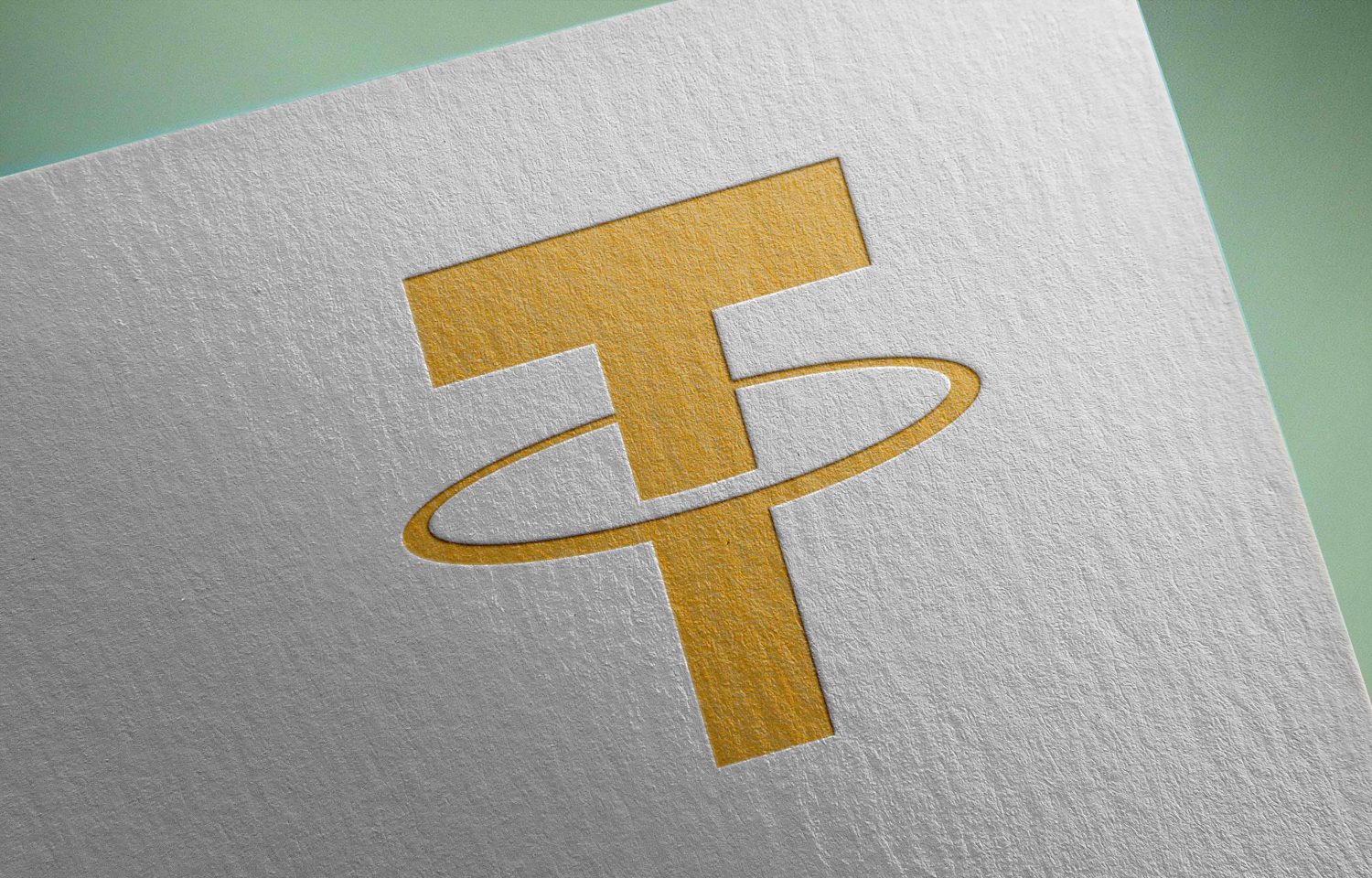U.S. Court Calls ETH a Commodity While Tossing Investor Suit Against Uniswap
-
A New York court has dismissed a proposed class action lawsuit alleging leading decentralized crypto exchange Uniswap was responsible for causing harm to investors by allowing scam tokens to be issued and traded on the protocol.
-
The Judge, who oversees the SEC lawsuit against Coinbase, classified ether (ETH) as a commodity in her opinion on the ruling, even as the SEC has shied away from doing so.
A New York court classified popular cryptocurrencies ether (ETH) and bitcoin (BTC) as “commodities” while dismissing a proposed class action lawsuit against leading decentralized crypto exchange Uniswap in a Wednesday filing.
The lawsuit – filed in April 2022 by a group of investors against Uniswap and its creator Hayden Adams – alleged the DeFi platform violated U.S. securities laws by failing to register as an exchange or broker-dealer, offering and soliciting securities on an unregistered exchange. The suit sought to hold Uniswap accountable for investors losing money to “scam tokens” that were issued and traded on the protocol. The tokens cited in the suit include Ethereum (ERC-20) tokens EthereumMax (EMAX), Bezoge (BEZOGE) and Alphawolf Finance (AWF).
But Wednesday’s ruling to scrap the suit before it goes to trial stated the true defendants of the case were the issuers of the “scam tokens” in question and not Uniswap. While Securities and Exchange Commission (SEC) Chief Gary Gensler has so far shied away from calling ETH a security, Judge Katherine Polk Failla of the Southern District of New York directly called it a commodity and declined to “stretch the federal securities laws to cover the conduct alleged,” in the case against Uniswap.
The court’s opinion on its dismissal of the class action suit could influence future litigation against decentralized protocols and perhaps even those alleging violation of U.S. securities laws.
Judge Polk Failla also oversees the SEC lawsuit against Coinbase.
Case dismissed
The decentralized nature of the Uniswap Protocol made identifying scam token issuers “unknown and unknowable,” leaving no “identifiable defendant” in the case, Judge Polk Failla said in the opinion following Wednesday’s order.
In the absence of “actual issuers” of the “scam tokens,” the plaintiffs argued that Uniswap facilitated the trades at issue by “providing a marketplace and facilities for bringing together buyers and sellers of securities” for a transaction fee, “hoping that this Court might overlook the fact that the current state of cryptocurrency regulation leaves them without recourse, at least as to the specific claims alleged in this suit.”
The court also shot down the plaintiffs’ argument that Uniswap was like the manufacturer of a self-driving car and that the protocol and its creators caused harm by creating a system that allowed for scam tokens.
“Indeed, this is less like a manufacturing defect, and more like a suit attempting to hold an application like Venmo or Zelle liable for a drug deal that used the platform to facilitate a fund transfer,” the opinion read.
Citing an absence of relevant regulation, the court concluded that the investors’ concerns “are better addressed to Congress than to this Court.”
Edited by Aoyon Ashraf.









